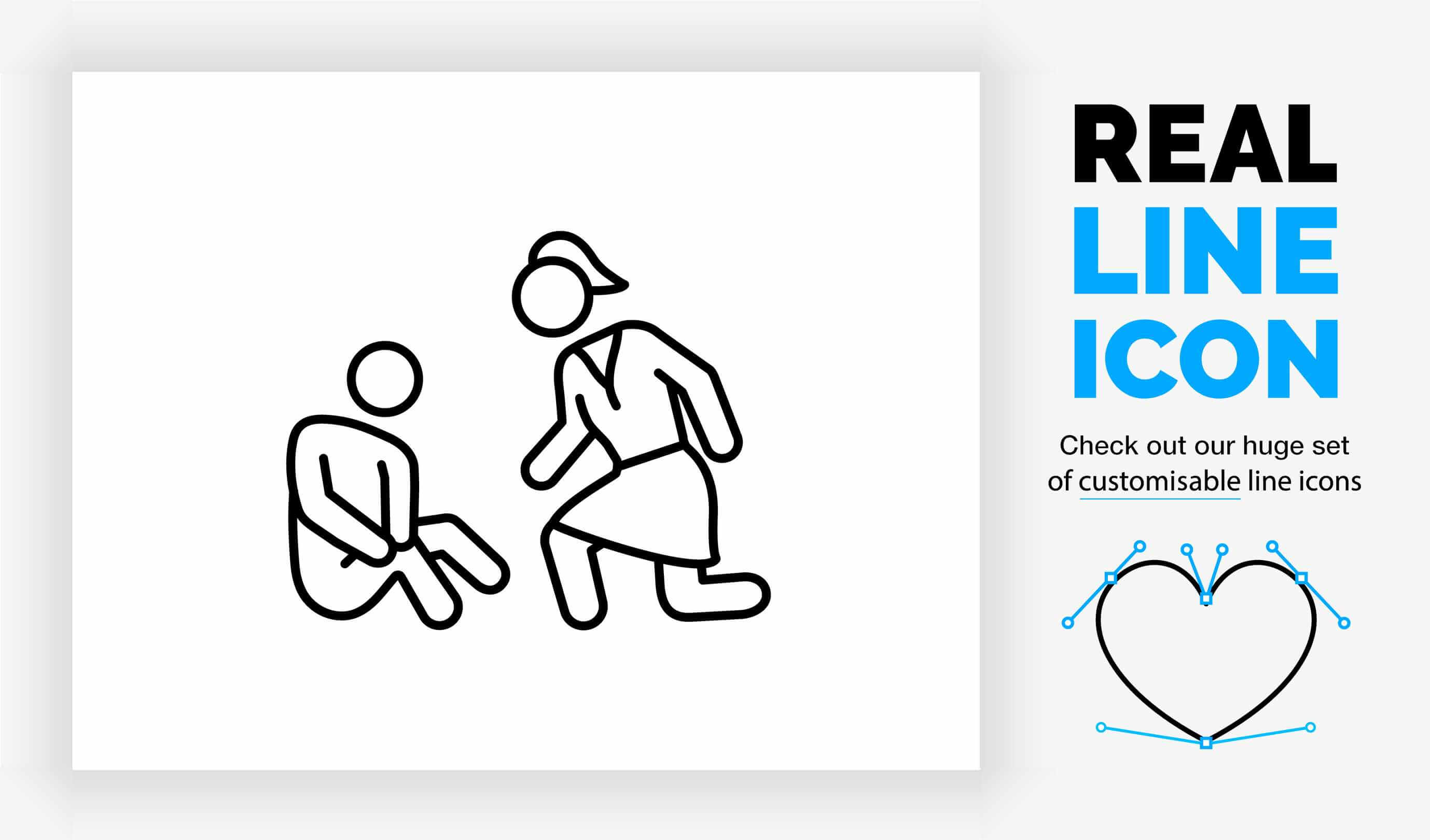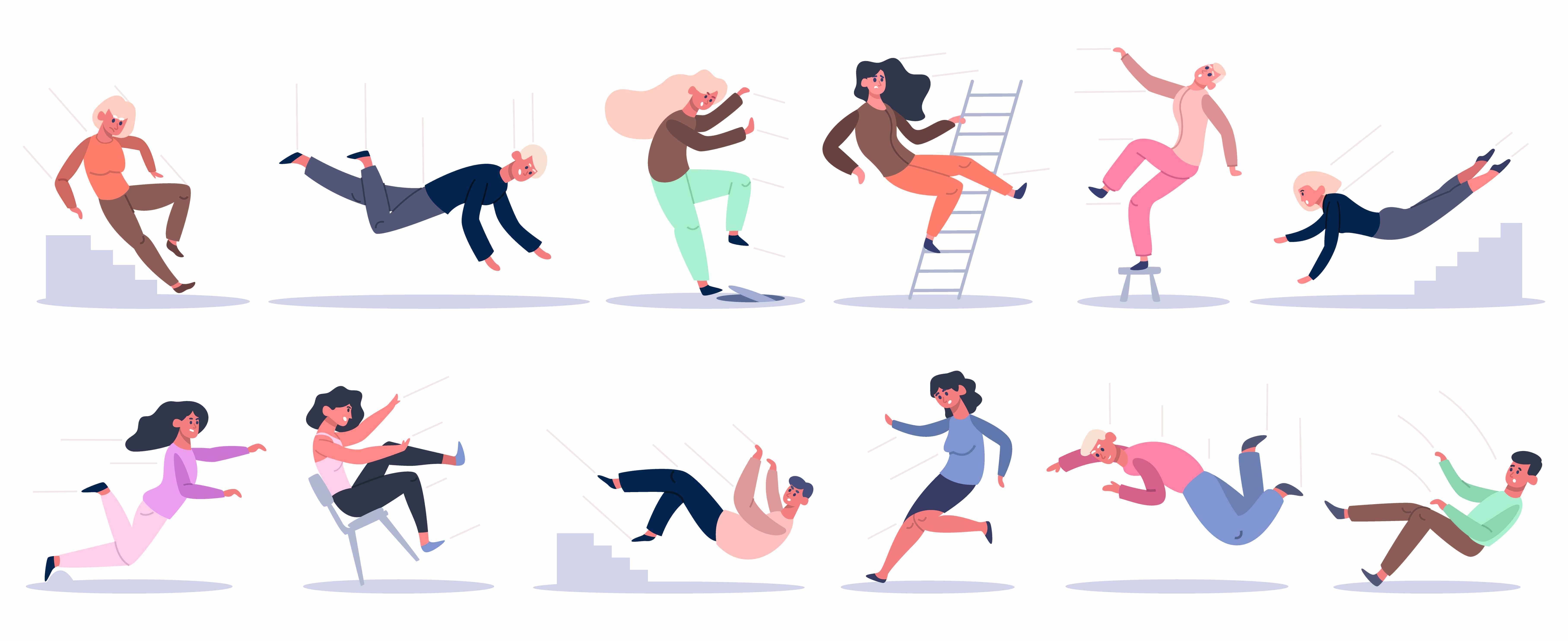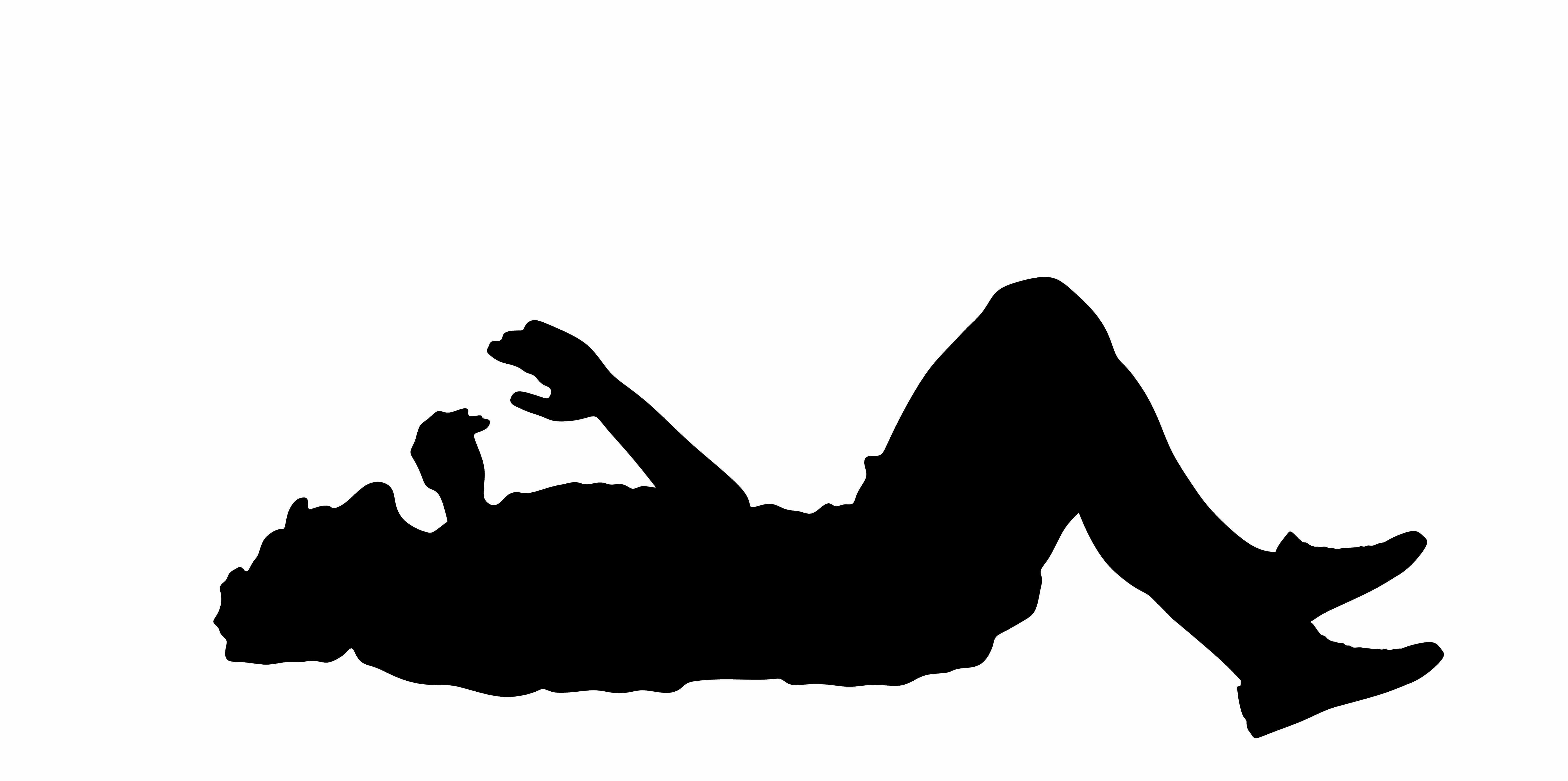Seniors See Higher Fall, Concussion Rates In Winter

AUSTIN (KXAN)— Central Texas may not get the most snow, but winter still brings dangers, especially for older adults. Grandma's simple slip and fall on a patch of ice could land her in the hospital.
"We do see higher rates of concussions in people that are older, particularly over the age of 65," said Dr. Chris Davlantes, senior medical director at healthcare company Abbott. "In fact, falls account for over half of the concussions that we see in the emergency room."
Seniors are more likely to suffer a fall because their age makes them prone to mobility and balance problems. A blow to the head can also be more dangerous for a senior.
"The highest risk population are older people who tend to be on blood thinners," Davlantes said. "In addition to concussions, what we worry about when someone hits their head is the risk of more serious complications like bleeding around the brain or bleeding within the brain."
Concussion symptoms are not always obvious, and vary based on which part of the head was injured. Symptoms like headaches and confusion can sometimes take days or even weeks to present, and damage may not show up on a CT scan either. More obvious signs of a concussion include seizures, amnesia and a prolonged loss of consciousness.
"People sometimes don't know to associate their symptoms with the head injury that they had, so they don't seek assistance, and that can lead to delayed problems," Davlantes said. "When in doubt, go check it out."
There are simple measures to help prevent falls. Appropriate footwear outdoors lessens the risk of slipping on icy surfaces. Make sure there are no trip hazards indoors such as extension cords or rugs. Keeping up a good exercise regimen to preserve strength and balance for older adults can also reduce fall risk.
If someone does fall and injure themselves, do not try to take them to the emergency room or hospital yourself, especially if they hit their head. Leave it to the experts—call 911 for an ambulance to transport them.
"Assess their mental status, make sure there's no other associated injuries and seek help," Davlantes said. "Those are the best three things I can say."


